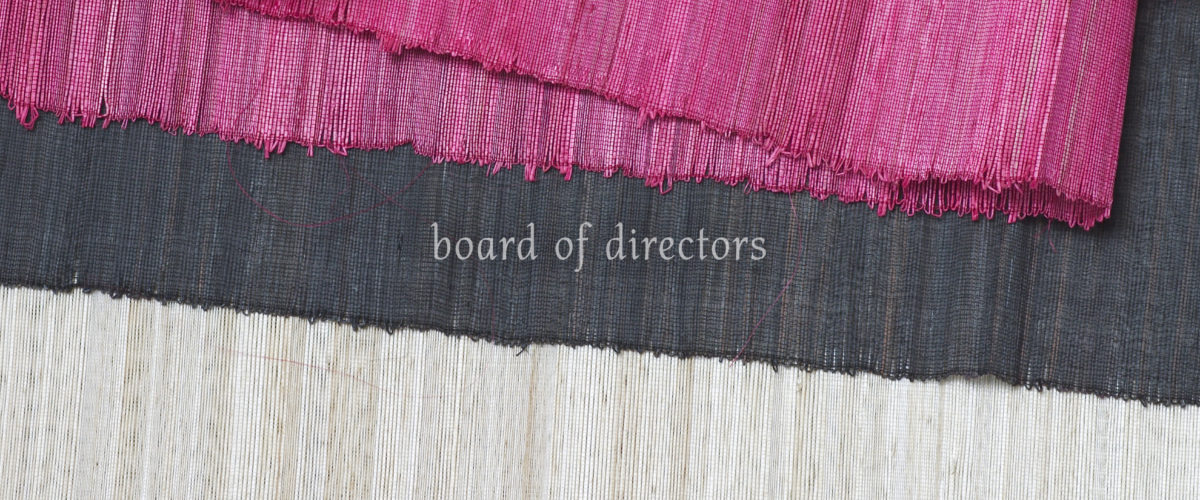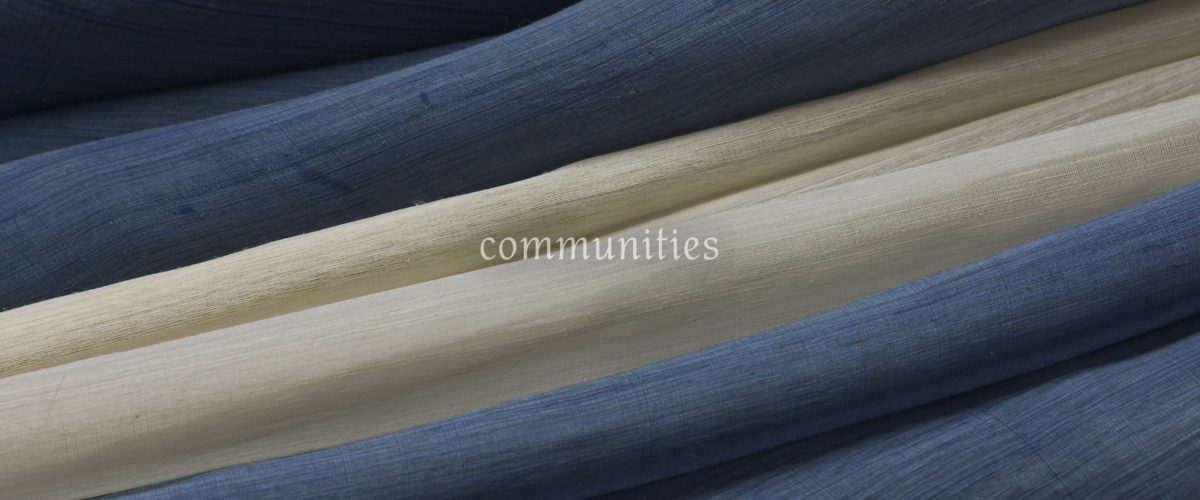Weaving the Fabric of a Rural Economy: Women Empowered Through Right Livelihood
Two women and a man took up the strands of a conversation while sitting under a mango tree. They were concerned about augmenting the meager incomes of the farmer and fisher folk of Palawan. How, they wondered, could the local economy be improved without undermining ecological and social wellbeing? An alternative livelihood program, if they were to engage in such an activity, must strengthen and rebuild self-reliance and self-respect. It must also use local resources sustainably, without dependence on imports. As they spoke, they were laying the warp of the fabric of a rural economy.
The weft, the threads woven in horizontally of the fabric, is the recognition of women as the real agents of change in any given community. The three under the mango tree were averse to treating women as passive beneficiaries of handouts. They considered women to be a potential resource who could be taught a skill that would help in shaping the fabric of the island’s future, and the nation’s destiny. They believed that by raising a woman’s income, the whole household’s income would increase too; so would the community’s and the nations as well.
Against this backdrop of need and poverty, 3 people – Laida, Czarina and Ernie Lim – who have come to love the island and its people, discussed the need to do their share towards improving the lives of the people and future of Palawan. They made a personal commitment to contribute both resources and their efforts towards the fulfillment of this ideal. If the next generation is to have a better life than the current one, wives and mothers must gain sufficient control over financial resources. These underlying idea-fibers, interwoven with the warp, resulted in the web that became the Rurungan Sa Tubod Foundation on September 15, 1999.



